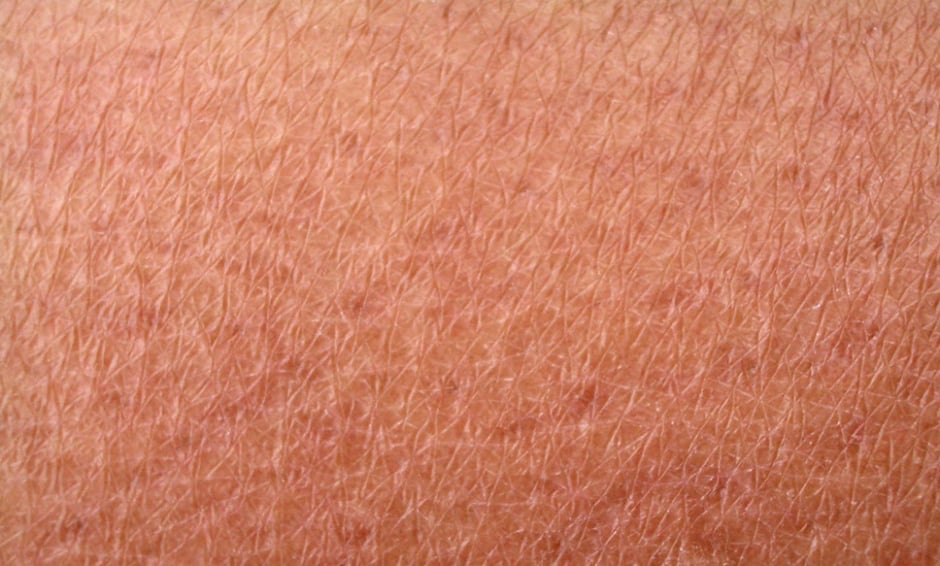A NOVEL combination of dabrafenib and trametinib has proven a successful adjuvant therapy for Stage III BRAF-mutant melanoma patients, doubling relapse-free survival time. The COMBI-AD trial, described at the ESMO 2017 Congress in Madrid, Spain, was the first of its kind for adjuvant treatment for Stage III melanoma, as reported in an ESMO press release on the 11th September, 2017.
Previous Phase III trials have shown that a combination of dabrafenib (a BRAF inhibitor) and trametinib (a MEK inhibitor) can improve overall survival in metastatic BRAF-mutant melanoma patients where surgery is not possible. In this double-blind trial, 870 patients were randomly assigned into two treatment groups: the dabrafenib/trametinib combination (150 mg of dabrafenib twice daily and 2mg of trametinib) or placebo. All patients received their treatment within 12 weeks of having surgery to remove lymph node metastases and continued for 12 months. The primary endpoint aimed to prolong relapse-free survival, with secondary endpoints aiming to improve overall survival, freedom from relapse, distant metastasis-free survival, and safety.
The primary endpoint was achieved, with risk of death or disease recurrence being reduced by 53% after a median follow-up time of 2.8 years, compared to placebo (hazard ratio: 0.47; 95% confidence interval: 0.39–0.58; p<0.05). Additionally, overall survival, distant metastases-free survival, and freedom from relapse were also increased in the combination treatment group. The study’s presenter, Prof Axel Hauschild, University of Kiel, Kiel, Germany, said: “These are the best results ever shown for an adjuvant treatment in Stage III melanomas.”
Adverse effects of any kind were seen in 97% of the combination group, compared to 88% of placebo. Additionally, 26% of patients in the combination group had to stop treatment because of the adverse effects experienced. However, Hauschild explained: “This could be because 90% of the patients had no progressive disease and were treated for the scheduled full year. The longer patients receive treatment, the more likely they are to have adverse effects. But there were no new toxicities compared to those already seen in Stage IV disease and overall we can say the treatment was well tolerated.” These results show promise for the treatment of melanoma patients and future studies must focus on determining the best adjuvant treatment for each patient type.
(Image: freeimages.com)








